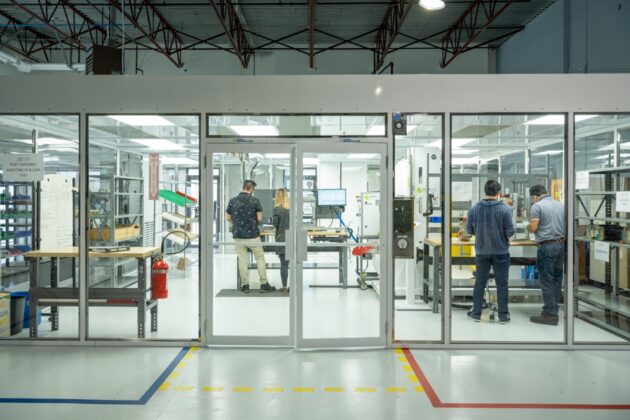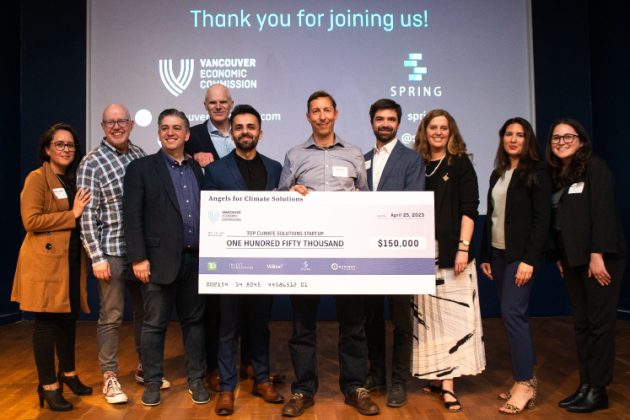An unprecedented number of people are working remotely, with public health officials continuing to urge the population to stay at home to curb the spread of COVID-19
While ongoing vaccinations give us sight to an eventual ease of restrictions, the number of remote workers will likely remain high for the foreseeable future, resulting in lower demand for office space, increased demand for non-urban residences, and notable impacts to economic activity due to shifts in spending away from the downtown core.
Vancouver Economic Commission, in partnership with Simon Fraser University and MITACS, have published “Remote Work, COVID-19, and Downtown Vancouver: Long-Term Impacts of Remote Working on the City of Vancouver”, a comprehensive research report that describes the tangible impacts of remote work to economic activity in Vancouver’s Central Business District. Specifically, the report outlines:
- Potential impacts to the City of Vancouver’s property tax revenue stream;
- The pandemic’s influence on amplifying economic inequalities across demographics;
- The need for added childcare space;
- Office workers’ desire to shift norms and make remote work more acceptable; and
- The incentive for workers to emigrate from the City of Vancouver to regions with more spacious and affordable residences.
- Potential lost spend of $325 million to $925 million each year
The report draws on contemporary research, trends and data relevant to understanding the long-term impacts of COVID-19 on economic activity in Vancouver’s Central Business District, and how this could impact small- and medium-sized businesses, office workers and residents. Explore the research by downloading the report.



